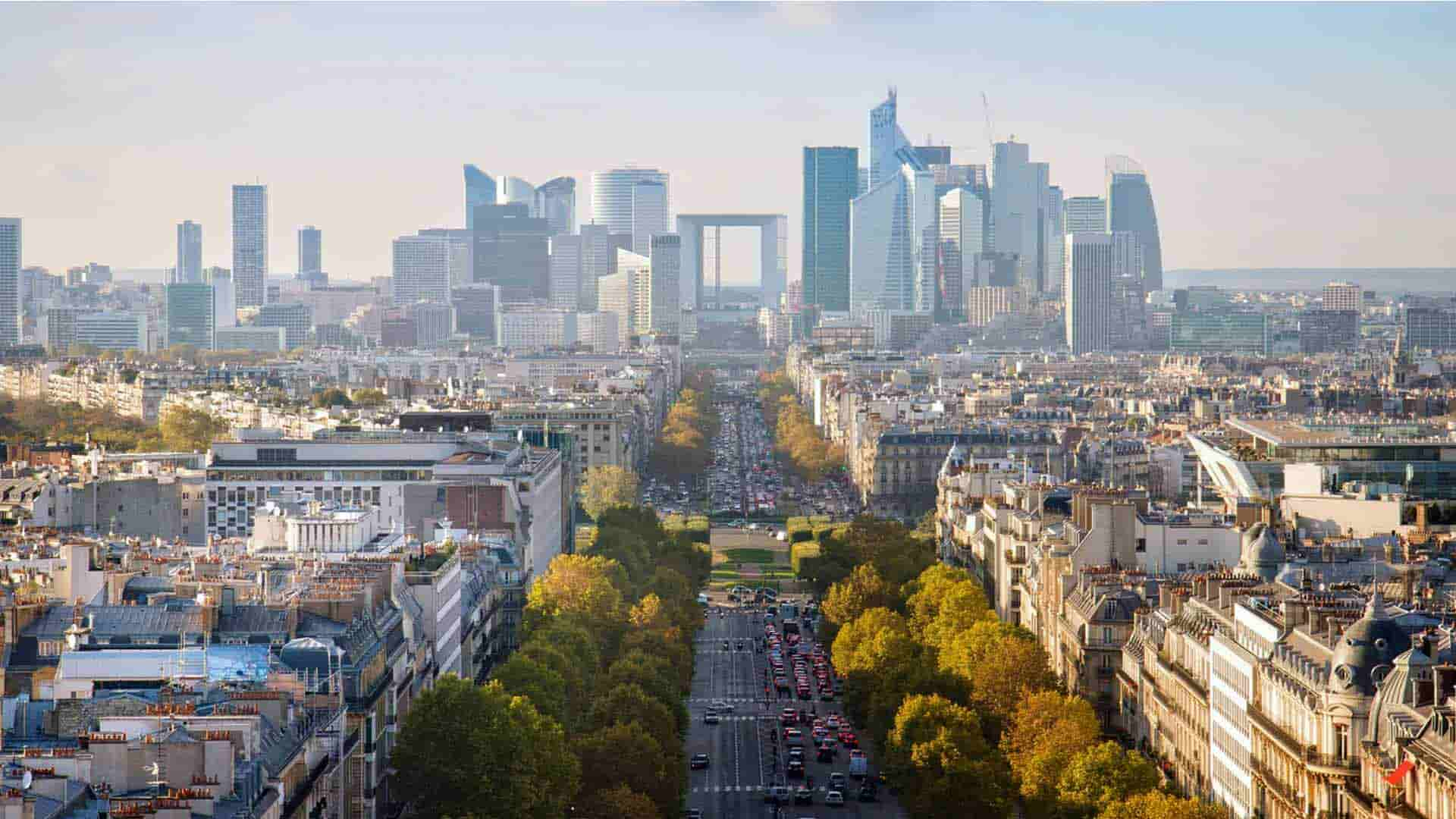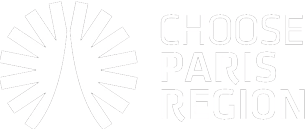
France is one of Europe’s most dynamic markets. With 67 million consumers, world-class infrastructure, and Paris as a global business hub, it’s no wonder international companies see it as a natural first step into continental Europe.
But here’s the catch: expansion is not about translation. It’s about preparation, adaptation, and credibility. Too many companies underestimate what it really takes to succeed in France.
Here are the nine critical areas you must address before taking the leap.
1. Do Your Research: Go Beyond the Obvious
A quick search for “best place to do business” won’t give you the full picture. Tax credits and incentives are appealing, but they don’t guarantee market fit, ecosystem support, or the right talent pipeline.
If you're serious about expansion, go deeper.
France may be globally known for luxury and lifestyle, but it’s also home to thriving sectors like aerospace, deeptech, and AI, supported by national strategies and cross-industry investment. France is not just competitive in these sectors; in many cases, it's among the leaders in Europe. For some sectors, Paris may be more strategic than London or Berlin.
2. Compliance First: GDPR and Regulation
France is strict when it comes to compliance. The CNIL, France’s data protection authority, actively enforces GDPR and has fined both start-ups and tech giants.
Translation alone won’t save you if your cookie banners, consent forms, or CRM are not legally compliant.
Ask yourself:
- Are my data collection processes GDPR-proof?
- Do I know French-specific retention rules?
- Could I pass a local compliance audit?
Compliance isn’t just about avoiding fines; it’s about building trust with French customers.
3. Pick the Right Market for Your Industry
Market entry is as much about perception as market potential. In some industries, credibility depends on where you are based. For instance, many pharmaceutical and biotech companies choose to establish headquarters in Switzerland or Germany, even if research or production is carried out elsewhere.
For France, the question is: does this market strengthen my brand’s positioning? If the answer is yes, the opportunity goes beyond customers — it impacts your international standing.
4. Target Booming Sectors
France is not a one-size-fits-all economy. Some sectors are booming, thanks to consumer demand and government support:
- Energy – Ecological transition
- Healthtech – Biotech
- Artificial intelligence and deeptech with Paris Region now positioning itself at the heart of the global quantum revolution
- Aeronautics – Spatial – Defense
Entering a growth sector gives you access to stronger ecosystems, funding, and visibility.
5. Translation Isn’t Enough: Think Localisation
Hiring a translator is only the first step. To succeed in France, you need to know where translation is enough, and where full localisation is non-negotiable.
- Full localisation is essential for:
- Messaging and storytelling → French buyers expect campaigns that reflect their culture, values, and humour.
- Pricing → € signs, VAT inclusion, discount psychology, and payment habits differ from other markets.
- Customer journey → From website UX to checkout flows, expectations aren’t the same as in the US or UK.
- Brand name and slogans → Some names translate poorly or carry unwanted meanings in French.
- Messaging and storytelling → French buyers expect campaigns that reflect their culture, values, and humour.
- Translation alone can work for:
- Legal documents and contracts (as long as they’re compliant and reviewed).
- Technical product descriptions or manuals where precision matters more than cultural tone.
- Internal materials (HR docs, training guides) if the target is employees, not customers.
- Legal documents and contracts (as long as they’re compliant and reviewed).
Think of it this way: translation gets you understood. Localisation gets you chosen.
6. Use AI to Understand Your Customer
Don’t assume what worked in the UK or the US will work in France. AI and local data can reveal how French consumers really search, compare, and decide.
With the right tools, you can:
- Track demand signals on marketplaces and search.
- Analyse customer sentiment by region.
- Detect cultural nuances in reviews and comments.
Brands that win are those who listen first, launch second.
7. Partner with Local Experts
Expansion is faster and smoother with a local partner. They bring market knowledge, supply chain networks, and credibility that cannot be replicated from abroad.
Apple Pay in France.
When Apple launched its mobile payment service in Europe, brand power alone wasn’t enough. Success in France required partnerships with major local banks and card networks, including BNP Paribas, Crédit Mutuel, and others. These alliances gave Apple the trust, distribution, and adoption it needed to scale.
In France, local partnerships can be the difference between struggling to enter and scaling quickly.
8. Budget Realistically
France is attractive, but it is not a low-cost test market. Between legal setup, marketing, and hiring, the investment required is significant. Many companies underestimate the resources needed and end up stalling their expansion.
At the same time, the Paris Region is actively creating new hubs for international investors, from dedicated pavilions to innovation clusters that offer a fertile environment for businesses ready to commit with the right level of resources.
The key isn’t to find the cheapest way in, but to budget for a credible market entry that positions you for long-term success.
9. Learn Local Customs to Avoid Gaffes
Small cultural missteps can damage credibility. In France, employees have the “right to disconnect”; after-hours emails won’t score points. In Japan, casual touches like a hand on the shoulder are a no-go.
For France, understanding how people work, negotiate, and expect communication is just as important as pricing.
Respect for local customs signals professionalism and earns trust.
The Bottom Line
France is open for business, but it rewards companies that prepare beyond translation.
- Research deeply.
- Get compliant.
- Choose markets that boost credibility.
- Target booming sectors.
- Localise your marketing.
- Use AI insights.
- Partner locally.
- Budget for reality.
- Adapt to cultural norms.
If you can check these boxes, then yes: you’re actually ready to expand to France.
Ready to expand to France?
Don’t do it alone. Our Choose Paris Experts, like Olivier Allegret, Head of Client Solutions, can connect you with the right resources, partners, and insights to ensure your expansion succeeds.
About the Author
Leslie Berton is a go-to-market-ing specialist and founder of French Coffee Marketing. She helps scale-ups and global brands expand successfully into France and the UK, building go-to-market strategies that balance global vision with local relevance. With over a decade of experience working with SaaS, e-commerce, and consumer brands, she specialises in localisation, market entry, and brand positioning.
Connect with Leslie on LinkedIn or learn more at French Coffee Marketing.

Choose Paris Experts

Olivier Allegret
Head of Client SolutionsExpert

